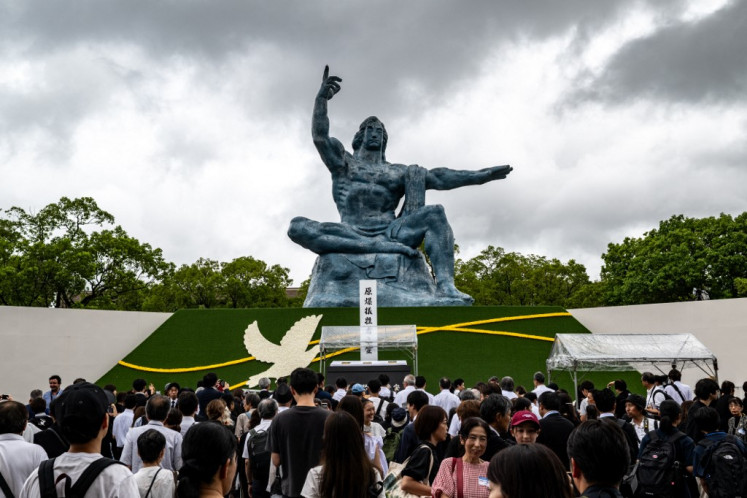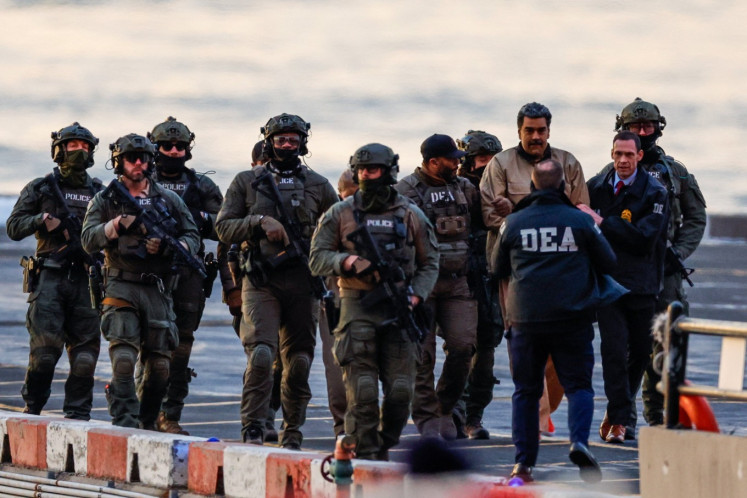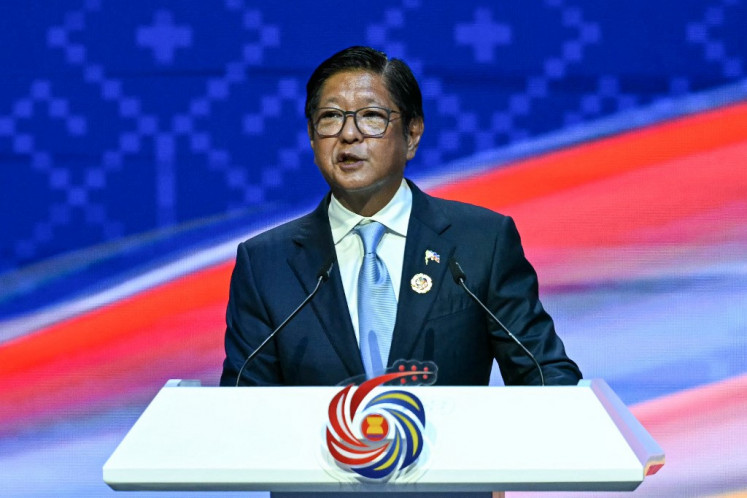Popular Reads
Top Results
Can't find what you're looking for?
View all search resultsPopular Reads
Top Results
Can't find what you're looking for?
View all search resultsDemocracy firewall
The bill will only change the method of suppression; whereas in the past silencing was achieved through military intelligence operations, it can now be done via cyber patrols.
Change text size
Gift Premium Articles
to Anyone
A
s Indonesia digitizes its economy, infrastructure and democratic processes, robust cybersecurity legislation is an utmost necessity due to imminent threats from both inside and outside of the country.
In drafting laws intended to protect the digital realm, a democracy like Indonesia must exercise extra prudence to avoid creating provisions that can instead stifle the fundamental right to freedom of expression and silence legitimate criticism. The nation deserves a cybersecurity law that secures both the network and the rights of its citizens.
Such an aspiration, however, seems to have fallen on deaf ears as the government has tabled a cybersecurity and resilience bill that grants the Indonesian Military (TNI) power to investigate cybercrime. The provision has raised concerns about threats to civil liberties and the militarization of cyberspace.
The controversial revision of the TNI Law in March has already broadened the military’s mandate, paving the way for its increased involvement in the civilian sphere, evidenced in the military’s active roles in the free meals and food estate programs, even in state-owned enterprises.
The legislative change did more than just allow active soldiers to fill specific civilian government positions; crucially, it also expanded the military’s authorized non-combat operations. Among these newly defined duties is the ambiguous job of supporting the government in responding to so-called cyberattacks, which critics fear will further enable the military's encroachment into Indonesia's civil and digital spaces.
Article 56 of the cybersecurity bill allows the TNI to act as investigators in cyber-related crimes, alongside the police, the Communications and Digital Ministry and other government agencies tasked with cybersecurity and resilience. The bill authorizes investigators to collect evidence, examine individuals and digital systems, restrict access to electronic data as well as request temporary takedowns of social media accounts and financial assets, some of them pending prior court approval.
Law Minister Supratman Andi Agtas has said military investigators under the bill would only handle offenses committed by military personnel and have no authority over cybercrimes involving civilians. The bill, he claims, aims to protect cyberspace and the nation’s critical digital infrastructure from growing cyber threats.



















